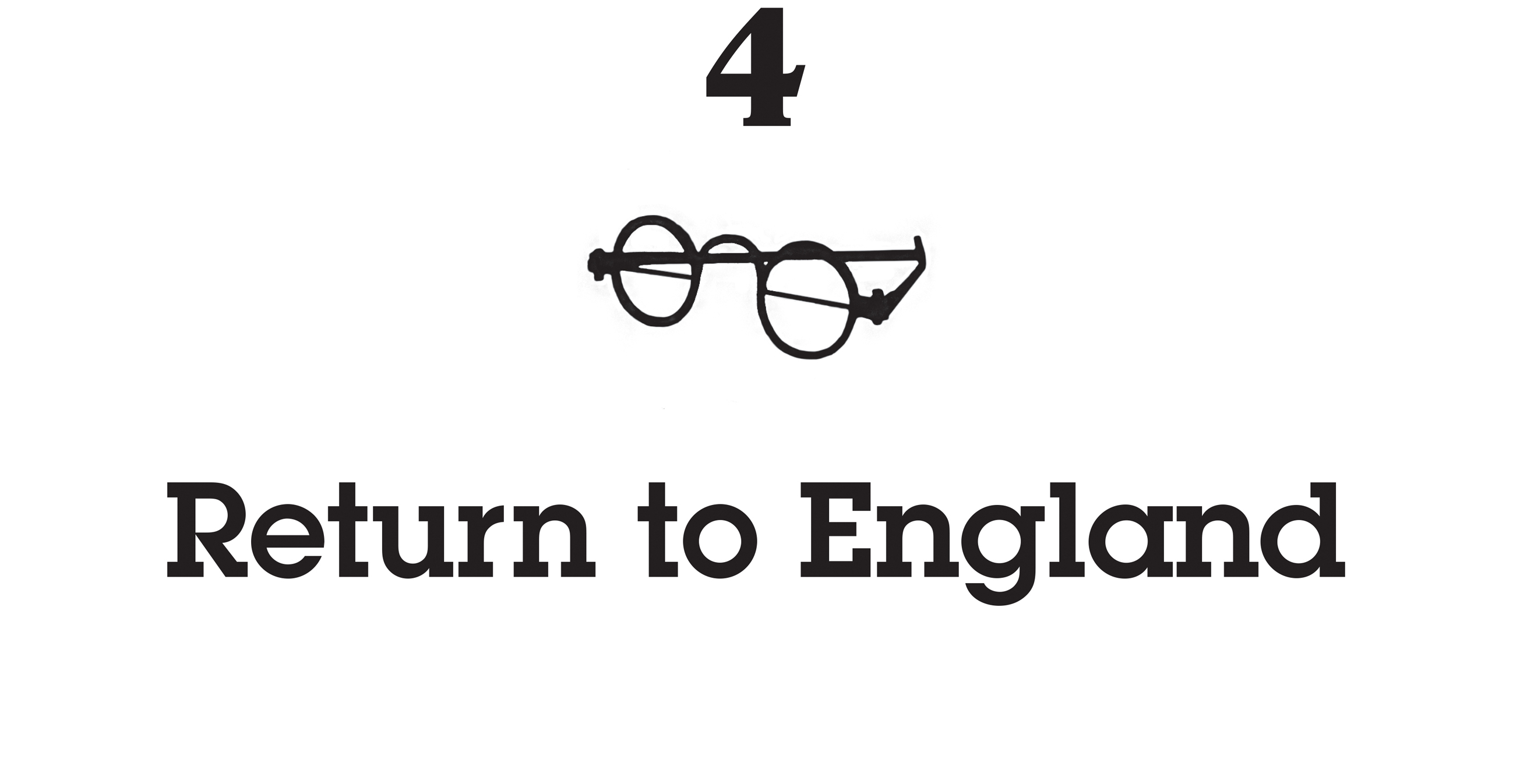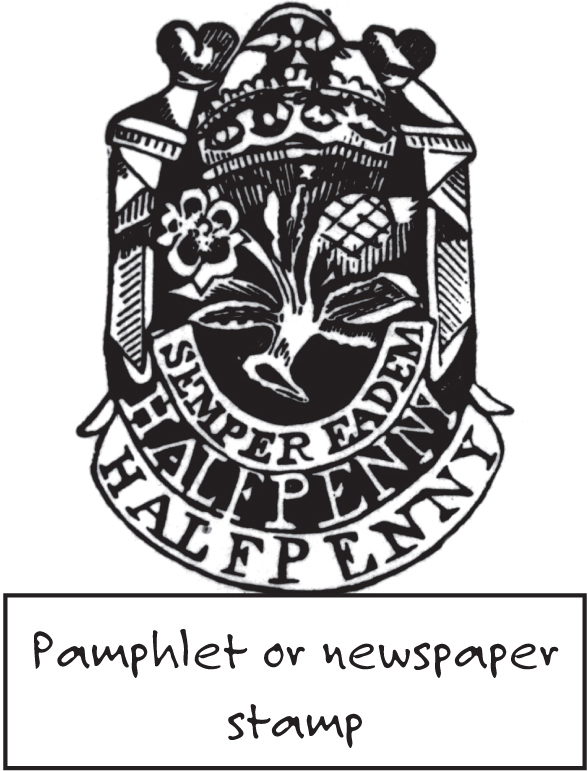

William Penn founded the colony of Pennsylvania in 1682. After he died, his three sons lived in England. They still owned most of the land in the colony. They were also in charge of the government.
While people in Pennsylvania had to pay taxes, the Penn brothers did not. The colonists felt this and other things the brothers did were unfair.
In 1757, the colonists hired Benjamin to go to London. His job there was to end the Penn brothers’ control of the colony. Benjamin and his son, William, boarded a ship bound for England.

One night a terrible storm woke everyone up. The ship was dangerously close to some rocks. Light from a nearby lighthouse showed the captain what was ahead. (Ben strongly advised the colonies to build a lot of lighthouses!)
Benjamin and William in London
Because people in the colonies were English, Benjamin felt right at home in London. He was a city person at heart and enjoyed walking the crowded streets. He enjoyed meeting people in the coffee shops and taverns.
But Benjamin especially liked dinners with friends. These evenings were full of good talk, great food, and wine. Benjamin loved music and played the harp, guitar, and violin. He often went to concerts while he was in London.
Benjamin spent five years in London trying to work out problems with the Penn brothers. In spite of his efforts, the English government would not agree to help the colonists. In 1762, Benjamin went back to Philadelphia.
The Stamp Act
Two years later, Benjamin was back on a ship bound for England. And once again he went to stand up for the interests of the colonists.

Colonists had to pay to have their newspapers and documents stamped to show they’d paid their taxes. Things got serious when England demanded higher taxes on their stamps and sugar.

The colonists were angry because they did not have a say in the matter. Mobs in Boston smashed the houses of a stamp officer and the lieutenant governor.

Many people believed that Benjamin supported the English. Deborah Franklin had remained in Philadelphia. When rioters marched to her house, a group of men called the White Oak Boys supported Ben and defended his home. The mob turned back, and the night ended peacefully.
Franklin of Philadelphia
In spite of what the colonists thought, Benjamin had worked hard to get rid of the Stamp Act. In February 1766, he spoke in front of English lawmakers in the House of Commons. He rose to face them, and when they asked his name, he said, “Franklin, of Philadelphia.”

The House of Commons in London is where English lawmakers meet.
Benjamin answered 174 questions, including many about how the act would affect the colonists. A week later the tax was canceled.
When colonists in Philadelphia heard, they cheered, rang bells, and burned bonfires. Three hundred people in the Pennsylvania State House stood to toast Benjamin Franklin as their hero.
The Trouble Begins
Ben worked to represent not just Pennsylvania, but also Georgia, New Jersey, and Massachusetts.
For seven years following his Stamp Tax victory, he worked hard for the interests of the colonists. He wrote articles and held meetings. But England continued to tax the colonists without their consent. In 1773, the English still demanded a tax on tea. The colonists were very angry and decided to act.

The colonists drank tea more often than they drank coffee.
Boston Tea Party
In December 1773, a group of men calling themselves the Sons of Liberty dressed in a Native American style as a disguise. Then they gathered at Boston’s harbor, where a ship loaded with tea was docked. They leapt on board and broke open 342 chests of tea with their tomahawks. Then they threw the chests into the water.

It took three hours for them to destroy a fortune in tea!

This was the colonists’ first serious protest against English rule. The English were outraged. They took their anger out on Benjamin Franklin. He was called before a government council. Benjamin listened quietly for an hour as an English lawyer accused him of being a thief and a liar.
In 1774, the British closed the port of Boston and removed Benjamin from his job. They also sent more soldiers to America to keep order.
Fearing that the English would arrest him if he stayed, on March 20, 1775, Benjamin sailed home. His return trip took nearly two months.

This same year, Benjamin’s wife, Deborah, died.

Benjamin Franklin has many nicknames. Because of all the work he did for the colonies and the United States, he is sometimes called the First American. This nickname was given to him after he died.
However, some nicknames were given to him during his life. When he was in England, most of the workers at the printer’s drank beer. Benjamin always drank water, so people called him Water-American.
Some names Benjamin gave himself. Writers in Benjamin’s days often used fake names to sign their work. Benjamin used many different names! Silence Dogood is probably his most famous, but here are some others:

